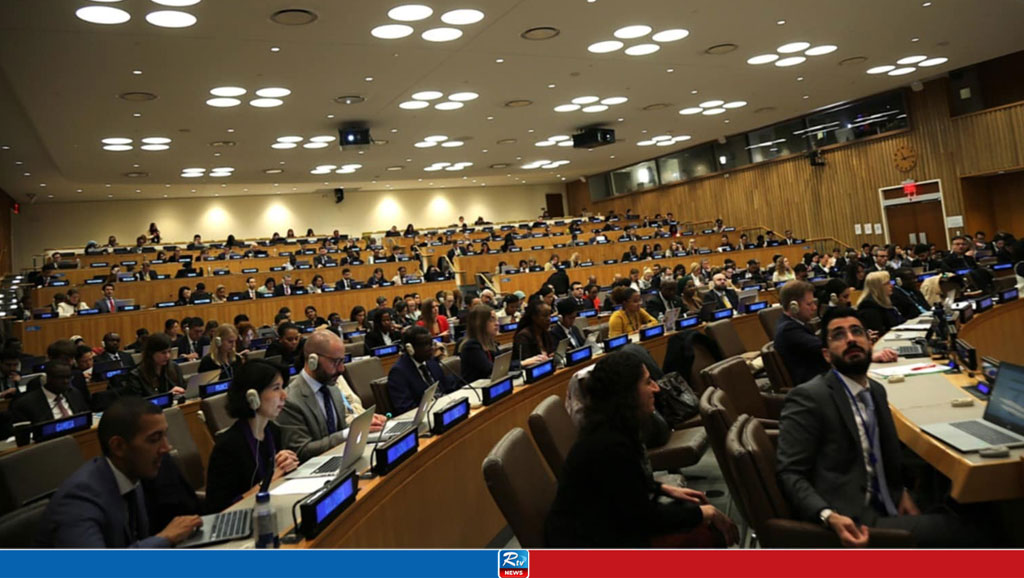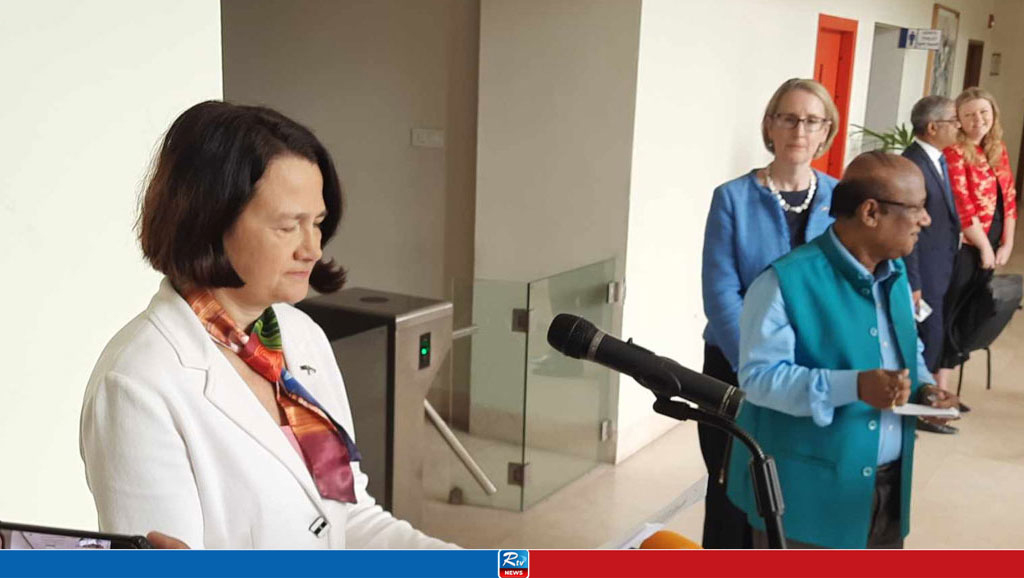Talks with Cameron: Suu Kyi lies over Rohingyas’ identity

Myanmar’s State Counsellor Aung San Suu Kyi, during her conversation with former British prime minister David Cameron, claimed that Rohingyas are not from her country but are Bangladeshis, reports Newsweek.
Cameron unveiled a new book on Thursday about his time in office between 2010 and 2016.
The book, titled ‘For the Record’, recounts his meeting with Suu Kyi where she claimed that Rohingyas are not Burmese.
Upon first meeting Suu Kyi, who won a Nobel Peace Prize in 1991, Cameron was complimentary. “I met the pro-democracy campaigner Aung San Suu Kyi, who would soon run for the presidency, and reflected on what an amazing story hers could be: from fifteen years of house arrest to transforming her country into a real democracy.”
But when Cameron met Suu Kyi a year later in London, he felt differently about the interaction, according to the report.
“However, by the time she came to visit London in October 2013, all eyes were on her country's Rohingya Muslims, who were being driven out of their homes by Buddhist Rakhines. There were stories of rape, murder and ethnic cleansing. The world is watching, I told her. Her reply was telling: 'They are not really Burmese. They are Bangladeshi.'"
These comments came to light the same week as the release of a UN report from a fact-finding mission that revealed that the country is still not addressing the violence against Rohingyas.
The report found that Myanmar has failed “to investigate genocide and to enact effective legislation criminalising and punishing genocide”.
Special Rapporteur on the situation of human rights in Myanmar, Yanghee Lee, was equally critical in an address to the Human Rights Council earlier this week, saying that Myanmar has “done nothing to dismantle the system of violence and persecution” and that Rohingya live in the “same dire circumstances that they did, prior to the events of August 2017”.
Meanwhile, the European Parliament (EP) has reiterated its call on the UN Security Council (UNSC) to impose a “global comprehensive arms embargo” on Myanmar.
It also called for suspending all direct and indirect supplies, sales or transfers of all weapons, munitions and other military and security equipment, as well as provision of training or other military or security assistance.
In its latest resolution adopted on Thursday, the EP urged the UNSC to adopt targeted individual sanctions, including travel bans and asset freezes, against those who appear responsible for serious crimes under international law.
Source: UNB
AH
Comments
Notable Deaths of 2024

John Alfred Tinniswood, World’s Oldest Man, Dies at 112

Special Weather Bulletin on Cyclone Fengal
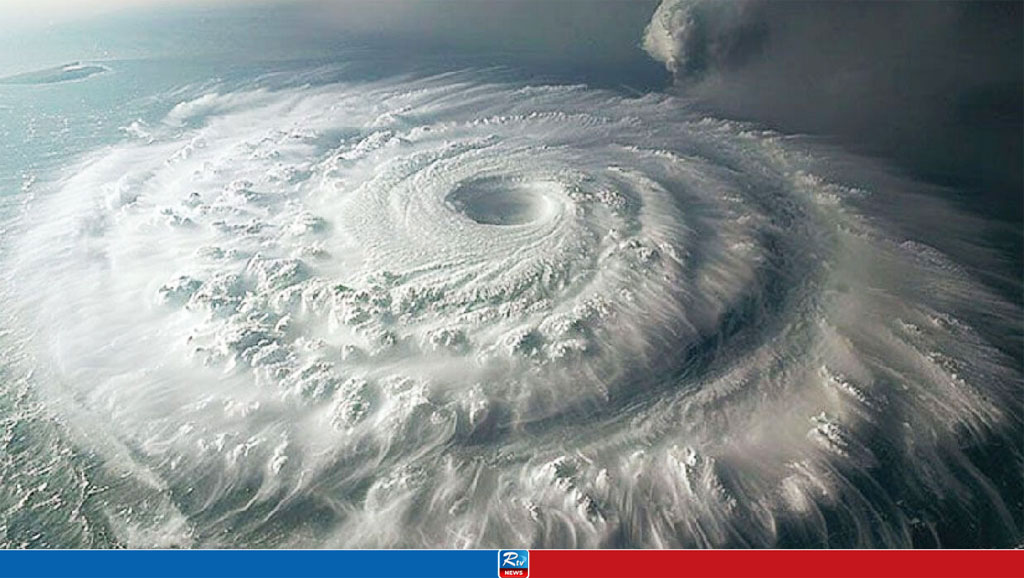
SSC Form Fill-up Fee Increased
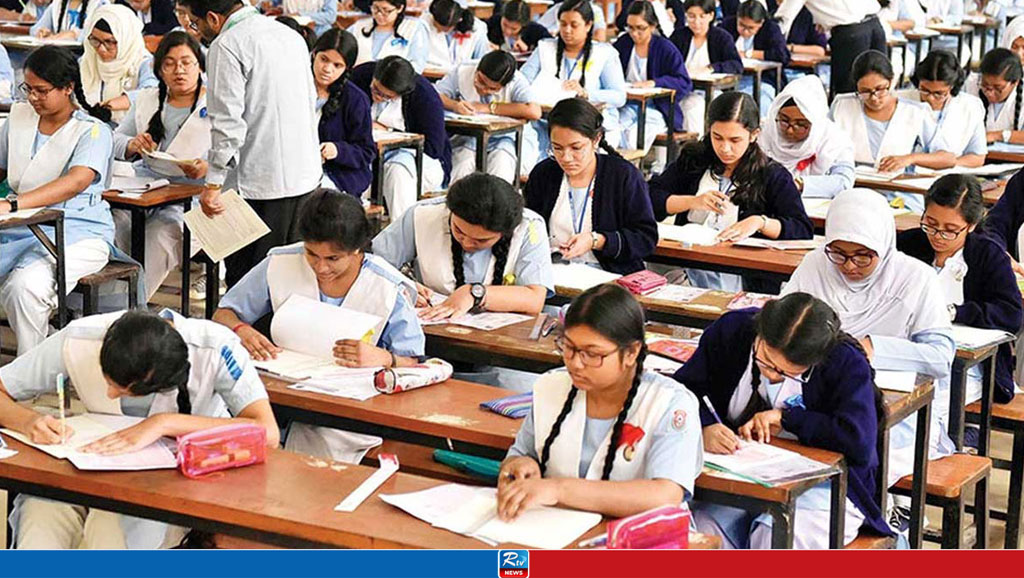
Dengue Claims 47 Lives in A Week
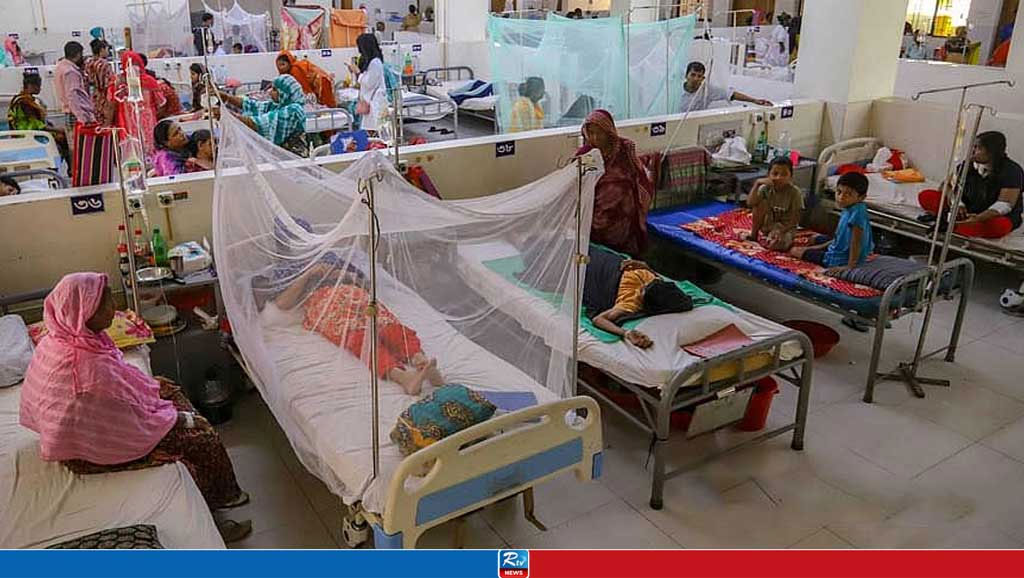
Cyclone Fengal Moves Northwestwards Over Bay
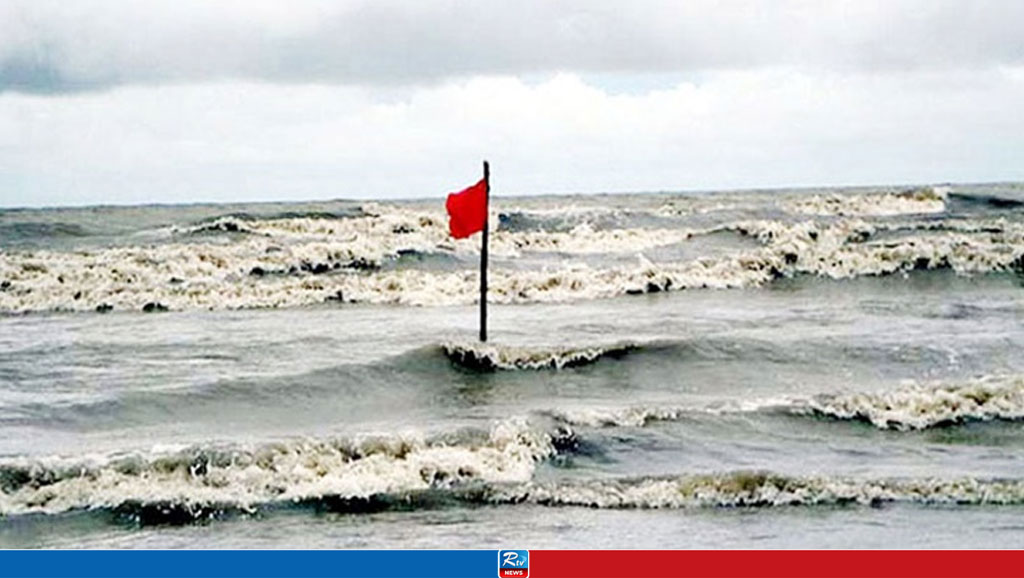
Bangladesh Reports Highest AIDS-Affected Patients This Year


 Live Tv
Live Tv



